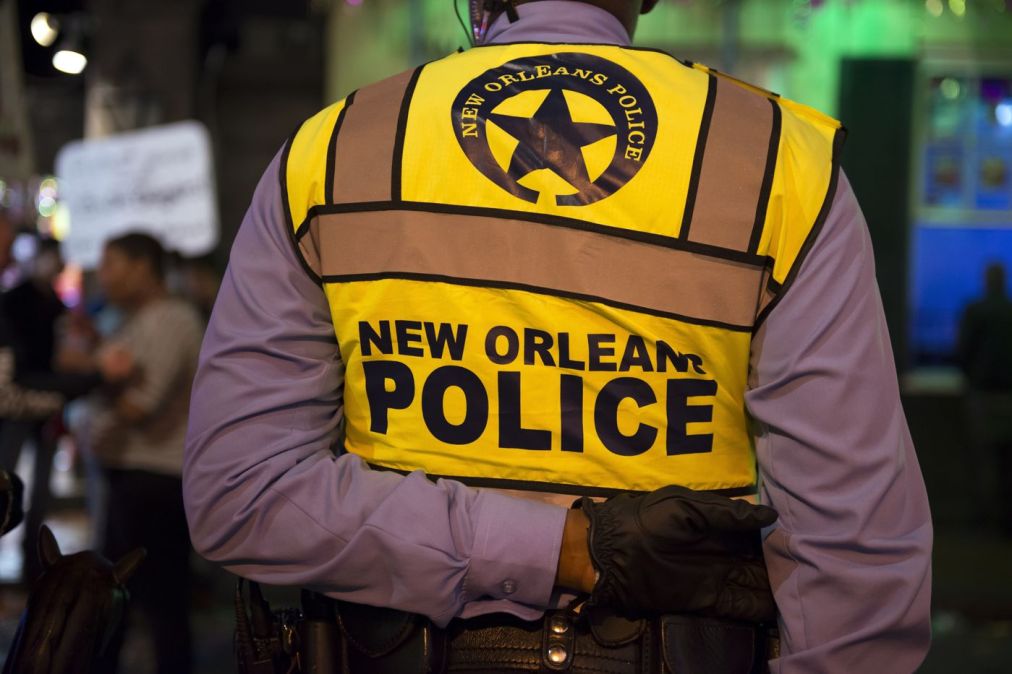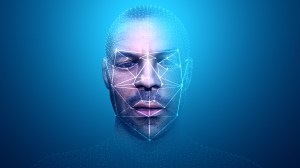New Orleans police want broad approval to use facial recognition tech

Following a jailbreak last month at the Orleans Justice Center, the New Orleans City Council is set to consider revisions this month to an ordinance that would allow police broad use of facial recognition technology.
The proposed ordinance revision, authored by a member of the New Orleans Police Department, would allow local police to use facial recognition technology while investigating crimes and missing persons cases. It would not be permitted for proactive policing, and a facial recognition match alone will not be regarded as enough evidence to establish probable cause, and therefore cannot be used as the sole reason for an arrest.
But if passed, the ordinance would still give New Orleans police among the widest use of the technology in the nation.
The proposal also calls the tool “critical” for law enforcement in the identification and apprehension of suspected criminals, and notes that it would have been helpful in apprehending the 10 inmates who escaped from a local jail last month that sparked a manhunt by the police and members of the FBI, As of Thursday, two of the inmates are still on the run.
The proposal follows a The Washington Post investigation last month that uncovered that NOPD officers have been defying city policy since 2023, using facial recognition technology across a private network of more than 200 surveillance cameras equipped with artificial intelligence. The cameras are operated by Project NOLA, a local crime-prevention nonprofit.
The proposal includes carve outs that would prevent facial recognition from being used on for certain protected groups, such as those seeking abortions or physicians who provide them. The technology would also not be allowed in investigations involving consensual sex acts between people of legal age, including those between same-sex partners, regardless of any laws criminalizing such acts. The proposal would also prohibit facial recognition from being used to identify or locate people for the sole purpose of determining immigration status or for immigration enforcement.
Chad Marlow, a senior policy counsel at the American Civil Liberties Union who researches public safety technologies, said that a “once-in-a-decade, maybe” jailbreak isn’t enough to justify the expansion of facial recognition technology across the city. He also said that expecting local law enforcement and federal agencies, such as Immigration and Customs Enforcement to respect the ordinance was an “extreme fantasy” and “naive,” — especially given the recent aggressive immigration enforcement activities across the country.
“If the federal government wants to use the data from New Orleans facial recognition system to identify and deport undocumented persons in the city, they just have to get a federal warrant to come in and get that data,” Marlow said. “And they’re going to use it for that purpose, regardless of what the local law says.”
The Washington Post reported that NOPD’s use of surveillance cameras defied a 2022 city council ordinance that limited police use of facial recognition to searches of specific suspects in investigations of violent crimes. It required officers to make a specific requests for each use of the technology. The surveillance cameras that are part of Project NOLA’s network, the Post reported, can scan every face that passes by, and sends real-time alerts to police officers via their phones when the camera system detects a believed match to someone on “a secretive, privately maintained watchlist.”
While police use of automated surveillance tools, such as facial recognition, has increased over the last several years, many — including some law enforcement agencies — remain skeptical about their trustworthiness and potential infringement on civil rights. Central to debates around the technology is its potential reinforcement of racial biases, and studies demonstrating the technology’s high false-positive rates, particularly for those from marginalized groups. But a recent survey conducted by the New Orleans Crime Coalition of 800 residents across age and racial lines showed nearly 7 out of 10 support the NOPD using facial recognition in criminal investigations, WVUE New Orleans reported.
“What the New Orleans City Council needs to understand, and they need to understand it right now, is that if they set up a system of this level of power in their city, and they don’t have lockdown control in all instances over the technology and its data, they are placing every resident of New Orleans and every visitor of New Orleans at risk,” Marlow continued. “Not only [is New Orleans] creating the possibility that the federal government could come in and commandeer this equipment and its data to go after people in New Orleans, they’re inviting it.”






